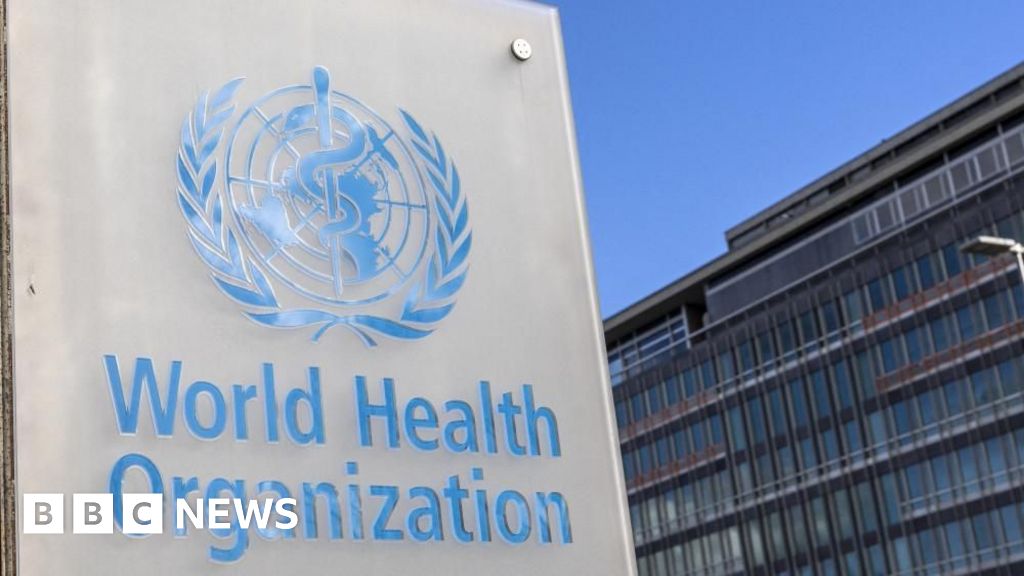Physical Address
304 North Cardinal St.
Dorchester Center, MA 02124
Physical Address
304 North Cardinal St.
Dorchester Center, MA 02124

US President Donald Trump has signed an executive order to begin the process of US withdrawal from the World Health Organization (WHO).
“Oh, this is very important,” said the recently inaugurated US president, approving the document after returning to the White House. It was one of dozens of executive acts he signed on his first day in office.
This is the second time Trump has ordered the US out of the WHO.
Trump has been critical of the international body’s handling of Covid-19 and began the process of withdrawing from the Geneva-based body during the pandemic. President Joe Biden later reversed the decision.
Taking this executive action on the first day increases the likelihood that the US will formally withdraw from the world agency.
“They wanted us back so badly, so we’ll see what happens,” Trump said in the Oval Office, referring to the WHO, perhaps hinting that the US may eventually return.
The order said the U.S. was withdrawing “because of the organization’s mishandling of the Covid-19 pandemic, which originated in Wuhan, China, and other global health crises, its failure to adopt urgently needed reforms, and its failure to demonstrate independence from inappropriate political influence of WHO member states”.
The order also said the withdrawal was the result of “unfairly onerous payments” made by the US to the WHO, which is part of the United Nations.
When Trump was still in office for the first time, he criticized the organization for being too “China-centric” in the fight against the Covid-19 pandemic.
Trump accused the WHO of being biased against China in the way it issued guidance during the outbreak.
Under the Biden administration, the United States continued to be the largest funder of the WHO, contributing almost one-fifth of the agency’s budget in 2023.
The annual budget of the organization is 6.8 billion dollars (5.5 billion pounds).
It’s possible that funding could disappear almost immediately, and it’s not clear that other countries will step in to fill the gap.
A US withdrawal could affect the WHO’s ability to respond to emergencies such as an Ebola or MPOX outbreak — not to mention another Covid-19-style pandemic.
Public health experts have suggested there could be other health consequences for Americans if progress against infectious diseases such as malaria, tuberculosis, HIV and AIDS is reversed.
Ashish Jha, who previously served as President Biden’s co-ordinator of the Covid-19 response, previously warned that the withdrawal would “harm not only the health of people around the world, but also US leadership and scientific ability”.
“This is a catastrophic presidential decision. Withdrawal is a serious wound to global health, but an even deeper wound to the US,” said Lawrence Gostin, a global health expert and professor at Georgetown University.
There are also fears that America’s withdrawal could eventually open the door to greater Chinese influence on the global body, no less.
The pros of the move are few, but some say it could spur further reforms to how the WHO works, meaning it better serves the public health needs of people around the world.
If that happens, it could be enough to tempt the US back into the fold. However, the tone coming from Washington suggests that President Trump’s second attempt to withdraw the US from the international health body will not be reconsidered.